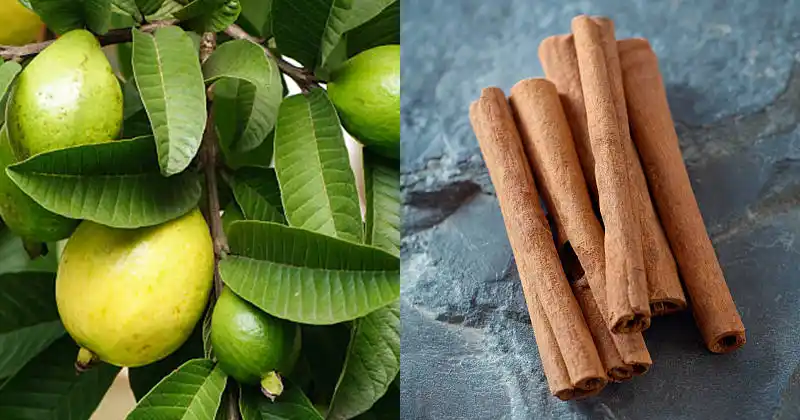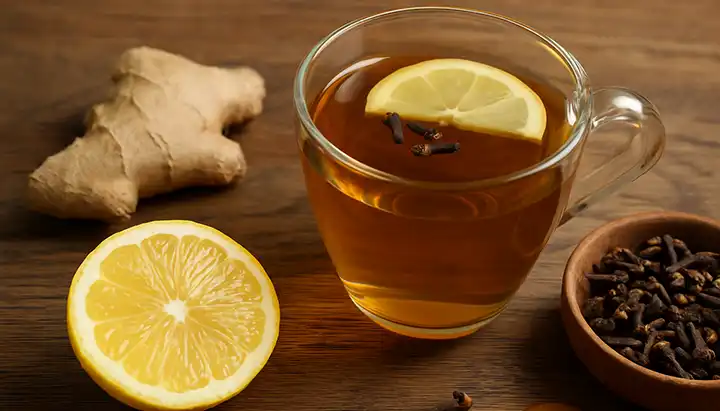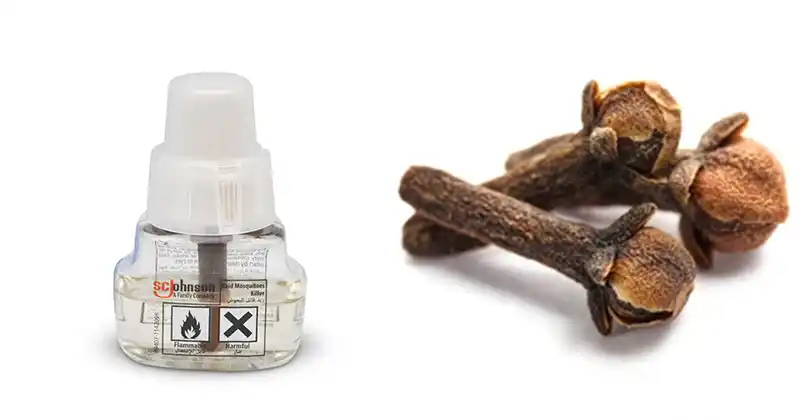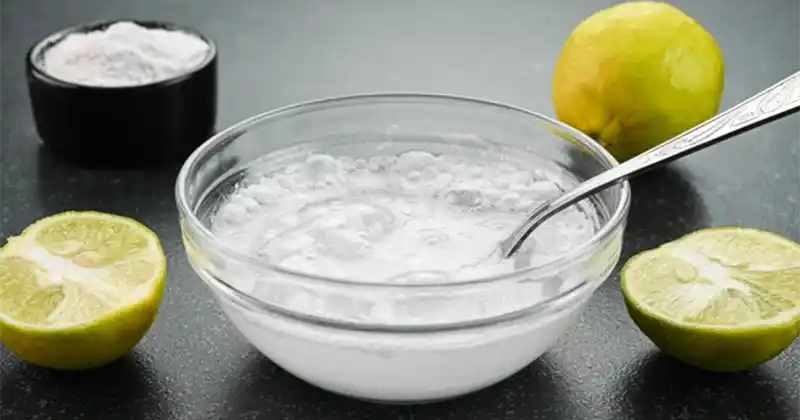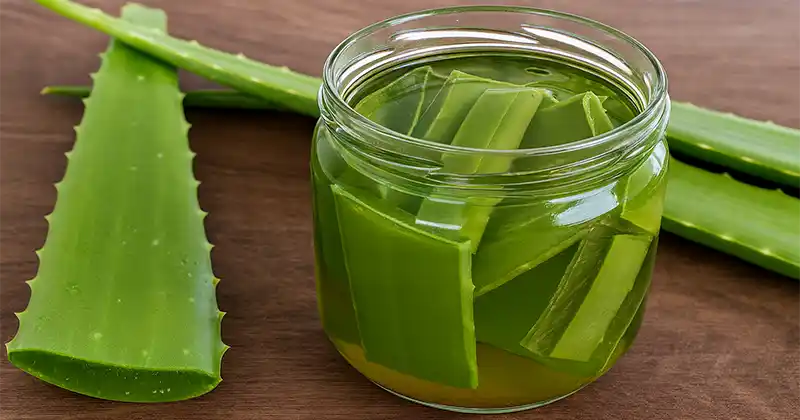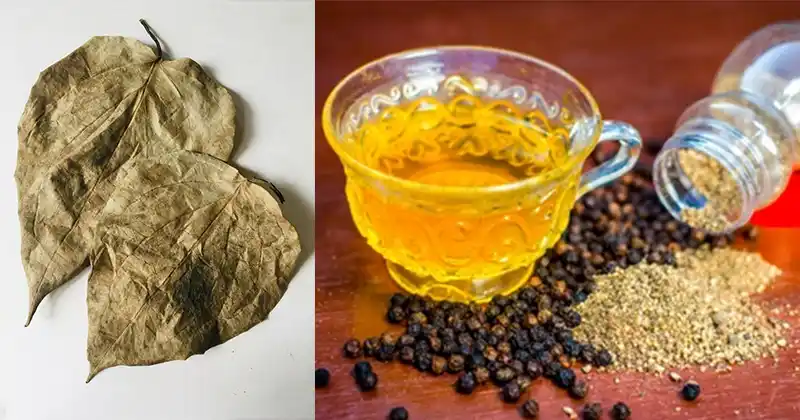
The Piper nigrum plant, known as the black pepper plant, is renowned for its pungent fruit — the peppercorn — a staple spice worldwide. However, this versatile plant offers more than just flavor. The leaves of the black pepper plant, though not as well-known, have been utilized in rural and herbal medicine for respiratory relief and digestive support.
From peppercorn teas to leaf infusions, the black pepper plant offers various ways to naturally support your health. Let’s delve into how both the fruit and leaves can be used and the benefits they provide.
🌿 Black Pepper Leaf Tea: A Hidden Herbal Ally
While often overlooked, in regions of India and Southeast Asia, the leaves of the black pepper plant are brewed to create a soothing herbal tea. These leaves possess a mildly pungent, slightly bitter taste and are rich in essential oils that enhance health.
✅ Benefits of Black Pepper Leaf Tea:
- Relieves chest congestion and helps break down mucus
- Acts as a gentle expectorant, facilitating clearer breathing
- Assists in digestive stimulation and alleviates minor bloating
- Contains antioxidants that may aid in reducing inflammation
- Offers antimicrobial properties to support immune defense
🍵 How to Make Black Pepper Leaf Tea:
- Select 2–4 fresh pepper leaves (preferably young and tender).
- Rinse them thoroughly under clean water.
- Bring 1 cup of water to a boil.
- Add the leaves and simmer for 5–10 minutes.
- Optional: Add a small piece of fresh ginger or a few tulsi leaves for enhanced respiratory support.
- Strain and enjoy warm, once or twice a day, especially during the cold or flu season.
🌶️ Black Peppercorns: More Than Just a Spice
The dried berries of Piper nigrum, known as black peppercorns, are a staple spice across the globe. Their medicinal value has been recognized for centuries in Ayurvedic and traditional practices. When used appropriately, peppercorns can serve as a powerful natural remedy.
✅ Benefits of Black Peppercorns (When Used Medicinally):
- Improves digestion by stimulating hydrochloric acid production
- Helps relieve gas and bloating
- Acts as a natural decongestant
- Promotes circulation and body warmth
- May enhance nutrient absorption, particularly for turmeric
- Contains piperine with antioxidant and anti-inflammatory properties
- Traditionally used to soothe sore throats and coughs
🍵 How to Make Black Pepper Tea:
This tea is a simple, warming drink perfect for soothing a sore throat, cough, or aiding digestion.
📝 You’ll need:
- 3–5 whole black peppercorns
- 1–2 cups of water
- Optional: Lemon juice, honey, turmeric, or ginger
🔹 Instructions:
- Lightly crush the peppercorns using a mortar and pestle or the back of a spoon.
- Boil the water and add the crushed peppercorns.
- Simmer for 10 minutes to allow the flavors to infuse.
- Strain into a cup.
- Add honey, lemon, or turmeric as desired.
- Consume once or twice a day for best results, especially in cold weather.
🖤 Chewing Black Peppercorns: A Traditional Digestive and Respiratory Trick
In traditional practices, chewing 1–2 black peppercorns serves as a quick remedy to:
- Clear sinuses and nasal congestion
- Stimulate saliva and digestion
- Assist in relief of a tickling cough
This method works as piperine and essential oils in pepper stimulate the nerves in the mouth and throat, promoting airway opening and digestion activation.
✅ Tip: Enhance the effect by combining with a piece of holy basil (tulsi) or by chewing before meals to aid digestion.
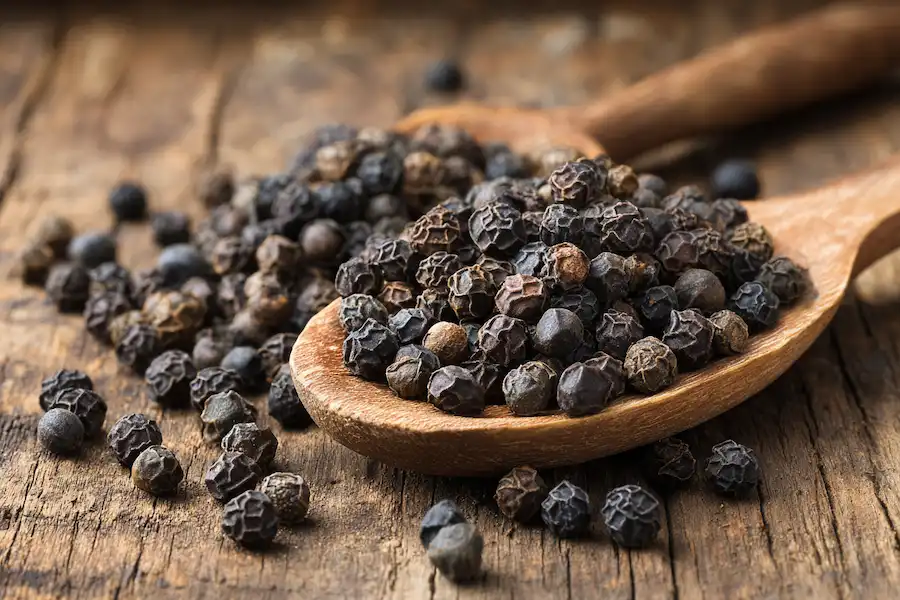
⚠️ Important Disclaimer (Please Read)
This article is intended for informational and educational purposes only. The uses of black pepper leaves and peppercorns discussed herein are based on traditional practices and anecdotal evidence. While many find these remedies beneficial, they should not replace professional medical advice, diagnosis, or treatment.
If you have any medical conditions, are pregnant or breastfeeding, or are taking medications, please consult a qualified healthcare provider before using these remedies. Excessive consumption of black pepper (particularly in concentrated form) may irritate the stomach or interact with medications.
Always begin with small amounts, especially if you have not used these remedies before.


